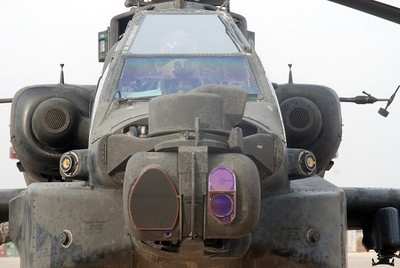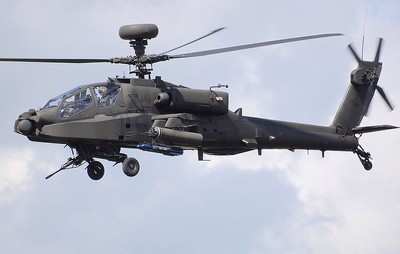Tue, Mar 02, 2010
Advertisement
More News
 Airborne 04.16.24: RV Update, Affordable Flying Expo, Diamond Lil
Airborne 04.16.24: RV Update, Affordable Flying Expo, Diamond Lil
Also: B-29 Superfortress Reunion, FAA Wants Controllers, Spirit Airlines Pulls Back, Gogo Galileo Van's Aircraft posted a short video recapping the goings-on around their reorganiz>[...]
 ANN's Daily Aero-Term (04.20.24): Light Gun
ANN's Daily Aero-Term (04.20.24): Light Gun
Light Gun A handheld directional light signaling device which emits a brilliant narrow beam of white, green, or red light as selected by the tower controller. The color and type of>[...]
 Aero-News: Quote of the Day (04.20.24)
Aero-News: Quote of the Day (04.20.24)
"The journey to this achievement started nearly a decade ago when a freshly commissioned Gentry, driven by a fascination with new technologies and a desire to contribute significan>[...]
 Aero-News: Quote of the Day (04.21.24)
Aero-News: Quote of the Day (04.21.24)
"Our driven and innovative team of military and civilian Airmen delivers combat power daily, ensuring our nation is ready today and tomorrow." Source: General Duke Richardson, AFMC>[...]
 ANN's Daily Aero-Term (04.21.24): Aircraft Conflict
ANN's Daily Aero-Term (04.21.24): Aircraft Conflict
Aircraft Conflict Predicted conflict, within EDST of two aircraft, or between aircraft and airspace. A Red alert is used for conflicts when the predicted minimum separation is 5 na>[...]
blog comments powered by Disqus





